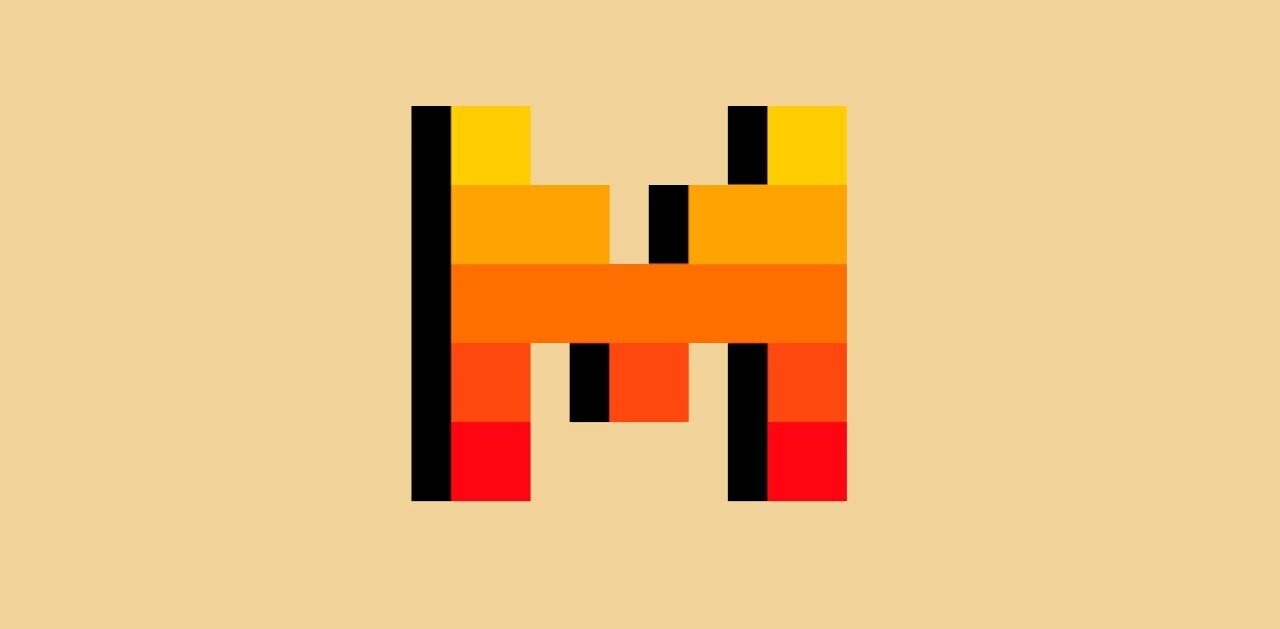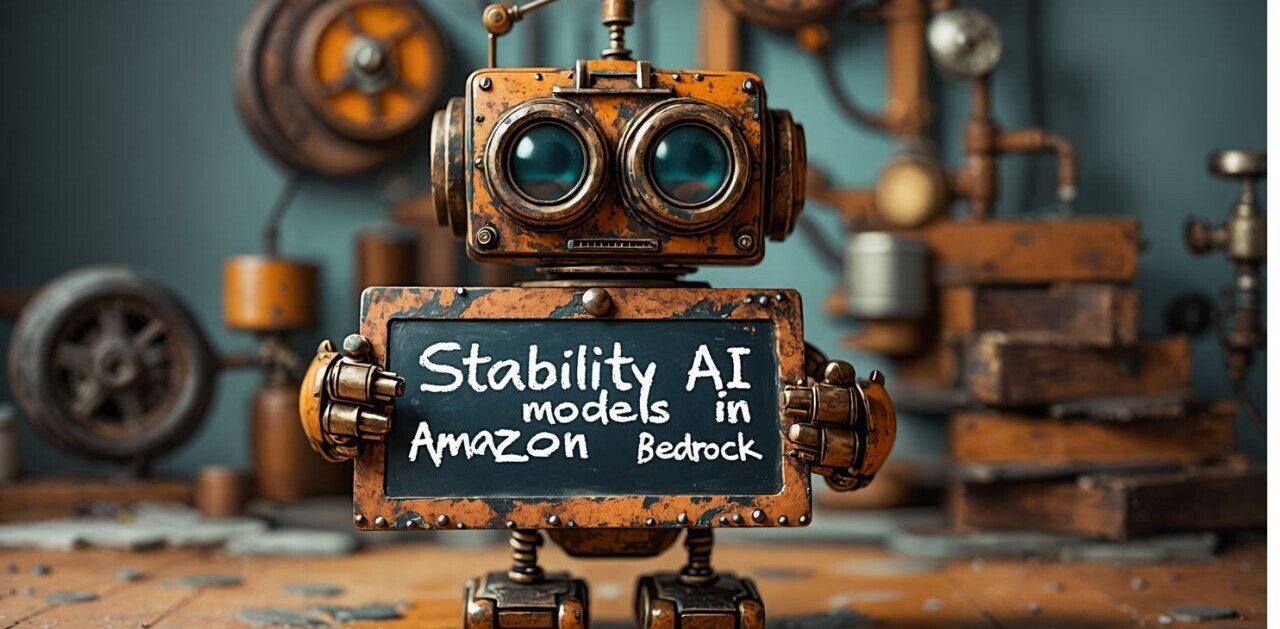![iRobot wants to sell your floor plan data to Amazon, Apple or Facebook [Updated]](https://img-cdn.tnwcdn.com/image?fit=1280%2C720&url=https%3A%2F%2Fcdn0.tnwcdn.com%2Fwp-content%2Fblogs.dir%2F1%2Ffiles%2F2017%2F07%2Froomba.jpg&signature=8d02e68a8e40a5f444dddf13ac40c539)
Update: This report centered on information from Reuters sources. Reuters has since corrected its initial report and retracted the information about iRobot selling floorplan data. At TNW, we don’t remove content (for the sake of transparency), but we don’t believe all the details in this report to be correct anymore. iRobot’s CEO had this to say:
iRobot does not sell data customer data. Our customers always come first. We will never violate our customer’s trust by selling or misusing customer-related data, including data collected by our connected products. Right now, the data Roomba collects enables it to effectively clean the home and provides customers with information about cleaning performance. iRobot believes that in the future, this information could provide even more value for our customers by enabling the smart home and the devices within it to work better, but always with their explicit consent.
Roomba was the futuristic cleaning bot each of our 12-year-old selves once dreamed of. Today it’s a commodity in a space full of cheaper and (arguably) just-as-good competitors. Luckily for iRobot (Roomba’s parent company), its future is less about the dirt on your floor, and more about the dirt it can sell to Amazon, Apple, and Google.
According to a report from Reuters, iRobot plans to begin collecting (and selling) floor plans for its users’ homes. The data collected would detail the distances between furnishings, total floorspace of the dwelling, and could presumably track how often it empties the canister based on your relative floorspace (an indicator of whether you’re dirtier or cleaner than other households of the same size).
Purchasing iRobot seems to make more sense than buying its mapping data, at least for the big three. But either way the deal goes down, assuming it actually does, the data is just another piece in a puzzle that’s painting a scarily-accurate picture of our lives.
And the security implications are huge.
Amazon could, for example, use the data to better target your homepage visits or search results. Cleaner houses, for instance, could get more recommendations for cleaning tools and supplies — since dirty households probably aren’t all that interested. Or, it could completely change which products are marketed to people of different income brackets. Home size as it relates to the median in your area is a direct correlation of wealth, in a lot of cases.
Or there’s Facebook, who could add another notch in its belt by giving advertisers even more targeting options. Using map data to shore up income estimates on each user — or the number of people living in the same household — offers a myriad of new options for advertisers to attract upper-middle class parents living in large homes in a suburb of Los Angeles, for example.
And if it sounds like science fiction, remember that iRobot completed an upgrade in March that made Roomba compatible with Amazon’s Alexa.
This level of connectivity could just be the first of many designed to communicate all sorts of things you probably thought were private: everything from temperature settings on your Nest thermostat, how often you use your August smart lock, or even the contents of your Samsung smart refrigerator.
Each of these is just an additional puzzle piece that helps giant companies paint a bigger picture, a more individualized one, of their customers.
The future is here.
Get the TNW newsletter
Get the most important tech news in your inbox each week.




